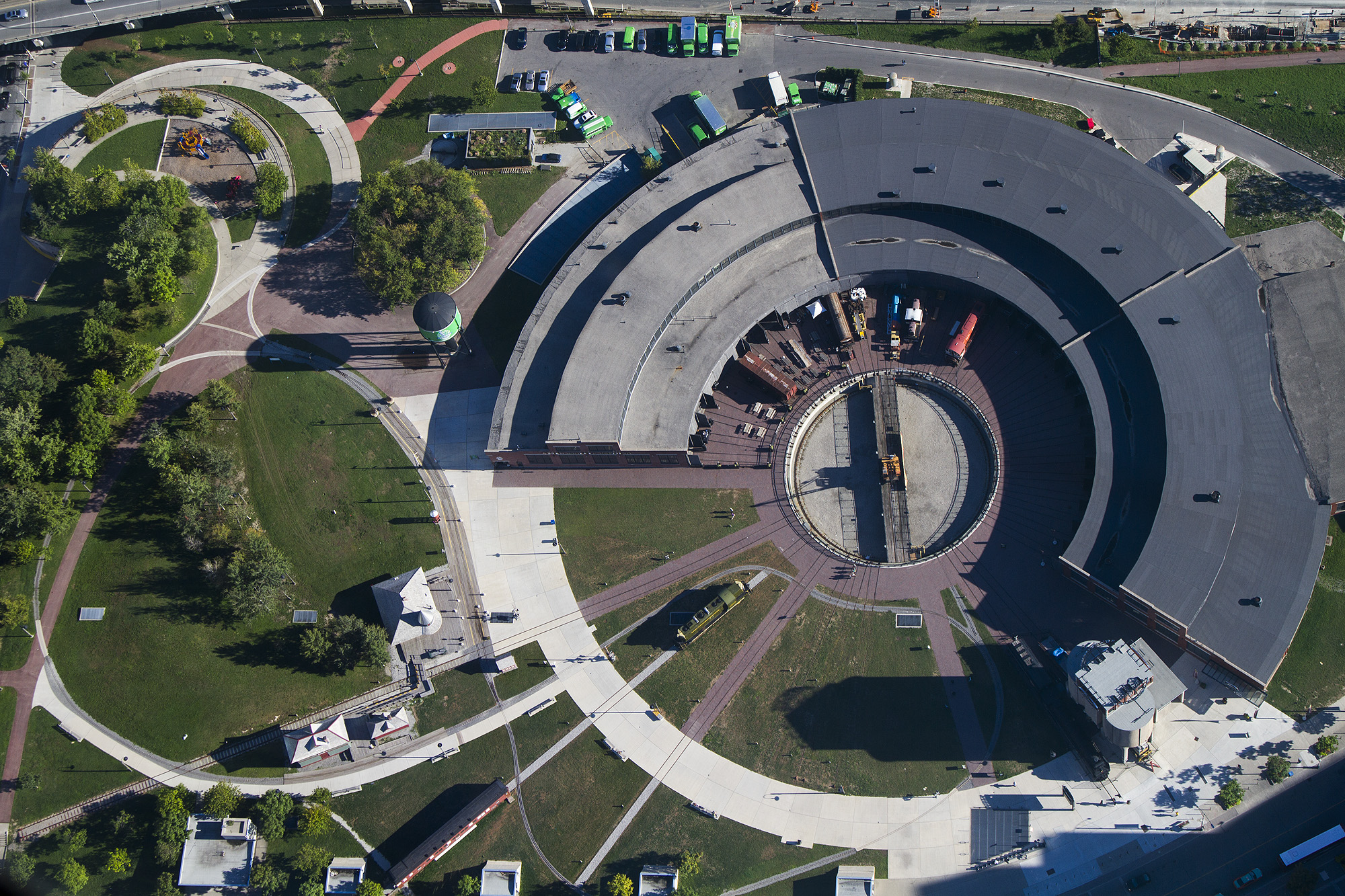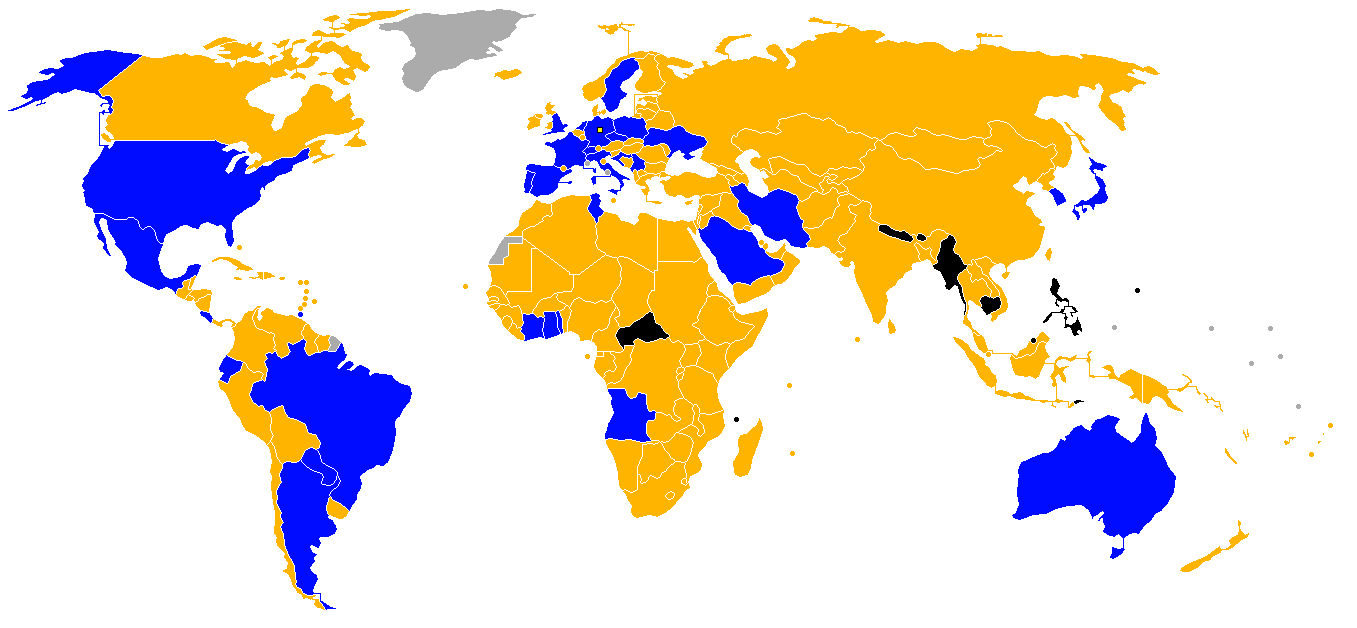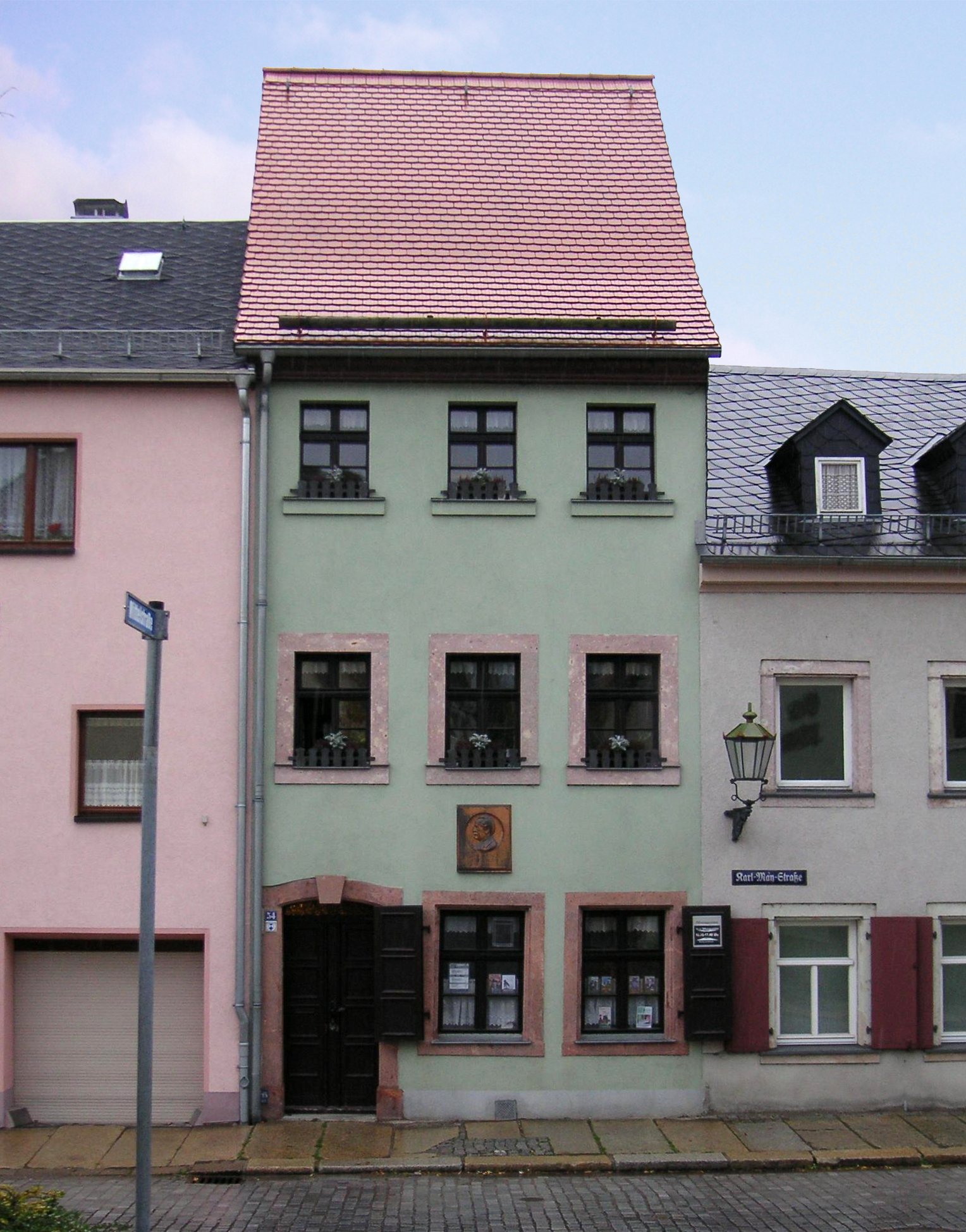|
Freilichtbühne Mülheim An Der Ruhr
The Freilichtbühne Mülheim an der Ruhr (Mülheim an der Ruhr Open-Air Theatre) is an open-air amphitheatre in North Rhine-Westphalia, Germany, built in 1936 as a Nazi Thingplatz. It is the most important open-air theatre in the Rhine-Ruhr region and with 2,000 seats, one of the largest in Germany. Location The theatre is only a few hundred metres from the former centre of Mülheim, now known as the ''Kirchenhügel'' (church hill). It was constructed in a former quarry across the street from the old city cemetery, and is within a city park. It has both a large and a small stage. History Construction, use in the Third Reich In the early 1930s, the parks director of Mülheim, Fritz Keßler, was seeking a way to make the former quarry into a park instead of letting it laps into a dump. As a result of the Great Depression, there was not enough money to construct the park until the Volunteer Labour Service made it an unemployment relief project, which reduced the projected cost to the ... [...More Info...] [...Related Items...] OR: [Wikipedia] [Google] [Baidu] |
Thingspiel
A ''Thingspiel'' (plural ''Thingspiele'') was a kind of multi-disciplinary outdoor theatre performance which enjoyed brief popularity in pre-war Nazi Germany during the 1930s. A Thingplatz or Thingstätte was a specially-constructed outdoor amphitheatre built for such performances. About 400 were planned, but only about 40 were built between 1933 and 1939. History The idea of the Thingspiel movement was that the Volk would gather for völkisch meetings and for theatre and propaganda presentations. A ''Thing (assembly), Thing'' was an ancient judicial as well as social gathering of Germanic peoples, in an outdoor setting. The ''Thing'' sites were to be built as much as possible in a natural setting, incorporating rocks, trees, bodies of water, ruins, and hills of some historical or mythic significance.Robert R. Taylor, ''The Word in Stone: The Role of Architecture in the National Socialist Ideology'', Berkeley: University of California, 1974, , pp. 213–14. The term ''Thi ... [...More Info...] [...Related Items...] OR: [Wikipedia] [Google] [Baidu] |
Ruhr
The Ruhr ( ; german: Ruhrgebiet , also ''Ruhrpott'' ), also referred to as the Ruhr area, sometimes Ruhr district, Ruhr region, or Ruhr valley, is a polycentric urban area in North Rhine-Westphalia, Germany. With a population density of 2,800/km2 and a population of over 5 million (2017), it is the largest urban area in Germany. It consists of several large cities bordered by the rivers Ruhr to the south, Rhine to the west, and Lippe to the north. In the southwest it borders the Bergisches Land. It is considered part of the larger Rhine-Ruhr metropolitan region of more than 10 million people, which is the third largest in Europe, behind only London and Paris. The Ruhr cities are, from west to east: Duisburg, Oberhausen, Bottrop, Mülheim an der Ruhr, Essen, Gelsenkirchen, Bochum, Herne, Hagen, Dortmund, Lünen, Bergkamen, Hamm and the districts of Wesel, Recklinghausen, Unna and Ennepe-Ruhr-Kreis. The most populous cities are Dortmund (with a population of approximately 588 ... [...More Info...] [...Related Items...] OR: [Wikipedia] [Google] [Baidu] |
Railway Roundhouse
A railway roundhouse is a building with a circular or semicircular shape used by railways for servicing and storing locomotives. Traditionally, though not always the case today, these buildings surrounded or were adjacent to a turntable. Overview Early steam locomotives normally traveled forwards only. Although reverse operations capabilities were soon built into locomotive mechanisms, the controls were normally optimized for forward travel, and the locomotives often could not operate as well in reverse. Some passenger cars, such as observation cars, were also designed as late as the 1960s for operations in a particular direction. Turntables allowed locomotives or other rolling stock to be turned around for the return journey, and roundhouses, designed to radiate around the turntables, were built to service and store these locomotives. Most modern diesel and electric locomotives can run equally well in either direction, and many are push-pull trains with control cabs at ea ... [...More Info...] [...Related Items...] OR: [Wikipedia] [Google] [Baidu] |
Theater An Der Ruhr
Theater an der Ruhr is a theatre in Mulheim, North Rhine-Westphalia, Germany. It was founded in 1980 by Italian director Roberto Ciulli and dramaturge Helmut Schäfer as gGmbH in Mülheim an der Ruhr. The city of Mülheim also became a companion gGmbH. The theatre is subsidised with a budget of 3.6 million euros yearly to 50% and is financed to 50% by the income of the theatre. His draught means an artistic and economic alternative to the customary model of municipal stages. History In 1981 the theatre was founded in the Ruhr by Roberto Ciulli, Helmut Schäfer and Gralf-Edzard Habben. The first premiere was Lulu von Frank Wedekind in November, 1981. Already in the first year a cooperation begins with the free national stage in Berlin Berlin ( , ) is the capital and largest city of Germany by both area and population. Its 3.7 million inhabitants make it the European Union's most populous city, according to population within city limits. One of Germany's sixteen consti ... [...More Info...] [...Related Items...] OR: [Wikipedia] [Google] [Baidu] |
2006 FIFA World Cup
The 2006 FIFA World Cup, also branded as Germany 2006, was the 18th FIFA World Cup, the quadrennial international football world championship tournament. It was held from 9 June to 9 July 2006 in Germany, which had won the right to host the event in July 2000. Teams representing 198 national football associations from all six populated continents participated in the qualification process which began in September 2003. Thirty-one teams qualified from this process along with hosts Germany for the finals tournament. It was the second time that Germany staged the competition and the first as a unified country along with the former East Germany with Leipzig as a host city (the other was in 1974 in West Germany), and the 10th time that the tournament was held in Europe. Italy won the tournament, claiming their fourth World Cup title, defeating France 5–3 in a penalty shoot-out in the final after extra time had finished in a 1–1 draw. Germany defeated Portugal 3–1 to finis ... [...More Info...] [...Related Items...] OR: [Wikipedia] [Google] [Baidu] |
Bad Segeberg
Bad Segeberg (; Low German: Sebarg) is a German town of 16,000 inhabitants, located in the state of Schleswig-Holstein, capital of the district (Kreis) Segeberg. It is situated approximately northeast of Hamburg, and west of Lübeck. It is famous for its annual Karl May Festival, which takes place in the town's Kalkberg Stadium, a large amphitheater originally built by the Reich Labour Service into an exploited quarry at the Segeberger Kalkberg. There is a large television tower in the middle of the town. Geography Bad Segeberg is not far from the eastern edge of the hills of Ostholstein. The western part of the town is bordered by the Trave, the northern part by the Ihlsee and forests, the northeast is bordered by the Großer Segeberger See, and the west is also bordered by forests. In the south, Bad Segeberg is bordered by the towns of Högersdorf and Klein Gladebrügge. Geologically, the area around Bad Segeberg is unique because it is the only area with Karst topograph ... [...More Info...] [...Related Items...] OR: [Wikipedia] [Google] [Baidu] |
Karl May
Karl Friedrich May ( , ; 25 February 1842 – 30 March 1912) was a German author. He is best known for his 19th century novels of fictitious travels and adventures, set in the American Old West with Winnetou and Old Shatterhand as main protagonists and in the Orient and Middle East with fictional characters Kara Ben Nemsi and Hadschi Halef Omar. May also wrote novels set in Latin America, China and Germany, poetry, a play, and composed music; he was a proficient player of several musical instruments. Many of his works were adapted for film, theatre, audio dramas and comics. Later in his career, May turned to philosophical and spiritual genres. He is one of the best-selling German writers of all time, with about 200,000,000 copies sold worldwide. Life and career Early life May was the fifth child of a poor family of weavers in Ernstthal, Schönburgische Rezessherrschaften (then part of the Kingdom of Saxony). He had 13 siblings, of whom nine died in infancy. His ... [...More Info...] [...Related Items...] OR: [Wikipedia] [Google] [Baidu] |
Carmen
''Carmen'' () is an opera in four acts by the French composer Georges Bizet. The libretto was written by Henri Meilhac and Ludovic Halévy, based on the Carmen (novella), novella of the same title by Prosper Mérimée. The opera was first performed by the Opéra-Comique in Paris on 3 March 1875, where its breaking of conventions shocked and scandalised its first audiences. Bizet died suddenly after the 33rd performance, unaware that the work would achieve international acclaim within the following ten years. ''Carmen'' has since become one of the most popular and frequently performed operas in the classical Western canon, canon; the "Habanera (aria), Habanera" from act 1 and the "Toreador Song" from act 2 are among the best known of all operatic arias. The opera is written in the genre of ''opéra comique'' with musical numbers separated by dialogue. It is set in southern Spain and tells the story of the downfall of Don José, a naïve soldier who is seduced by the wiles of th ... [...More Info...] [...Related Items...] OR: [Wikipedia] [Google] [Baidu] |
Bizet
Georges Bizet (; 25 October 18383 June 1875) was a French composer of the Romantic era. Best known for his operas in a career cut short by his early death, Bizet achieved few successes before his final work, ''Carmen'', which has become one of the most popular and frequently performed works in the entire opera repertoire. During a brilliant student career at the Conservatoire de Paris, Bizet won many prizes, including the prestigious Prix de Rome in 1857. He was recognised as an outstanding pianist, though he chose not to capitalise on this skill and rarely performed in public. Returning to Paris after almost three years in Italy, he found that the main Parisian opera theatres preferred the established classical repertoire to the works of newcomers. His keyboard and orchestral compositions were likewise largely ignored; as a result, his career stalled, and he earned his living mainly by arranging and transcribing the music of others. Restless for success, he began many thea ... [...More Info...] [...Related Items...] OR: [Wikipedia] [Google] [Baidu] |
League Of German Girls
The League of German Girls or the Band of German Maidens (german: Bund Deutscher Mädel, abbreviated as BDM) was the girls' wing of the Nazi Party youth movement, the Hitler Youth. It was the only legal female youth organization in Nazi Germany. At first, the League consisted of two sections: the '' Jungmädelbund'' ("Young Girls' League") for girls aged 10 to 14, and the League proper for girls aged 14 to 18. In 1938, a third section was introduced, the ''BDM-Werk Glaube und Schönheit'' ("Faith and Beauty Society"), which was voluntary and open to girls between the ages of 17 and 21. Due to the compulsory membership of all young women, except for those excluded for "racial reasons", the League became the largest female youth organization at the time with over 4.5 million members. With the surrender of Nazi Germany in 1945, the organization ''de facto'' ceased to exist. On 10 October 1945, it was outlawed by the Allied Control Council along with other Nazi Party organizations ... [...More Info...] [...Related Items...] OR: [Wikipedia] [Google] [Baidu] |
Westdeutsche Allgemeine Zeitung
The ''Westdeutsche Allgemeine Zeitung'' (''WAZ'') is a commercial newspaper from Essen, Germany, published by Funke Mediengruppe. History and profile ''Westdeutsche Allgemeine Zeitung'' was founded by Erich Brost and first published 3 April 1948. The paper has its headquarters in Essen. During the third quarter of 1992 ''Westdeutsche Allgemeine Zeitung'' had a circulation of 626,000 copies. See also * List of newspapers in Germany References External links * * Westdeutsche Allgemeine Zeitung, 1948 establishments in Germany German-language newspapers Mass media in Essen Daily newspapers published in Germany Publications established in 1948 German news websites {{Germany-newspaper-stub ... [...More Info...] [...Related Items...] OR: [Wikipedia] [Google] [Baidu] |








